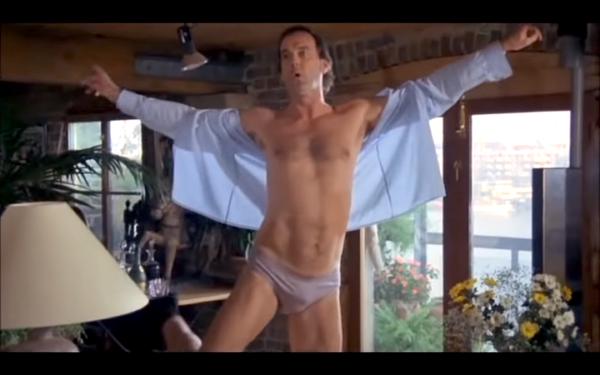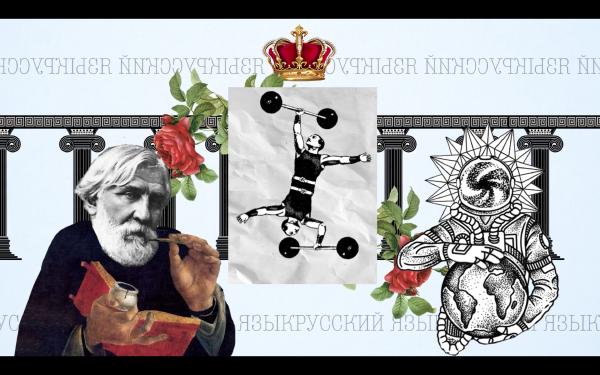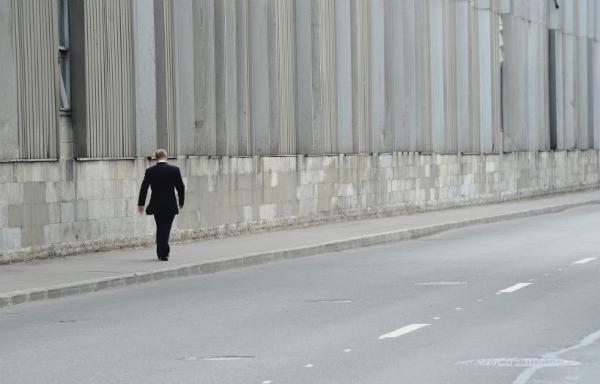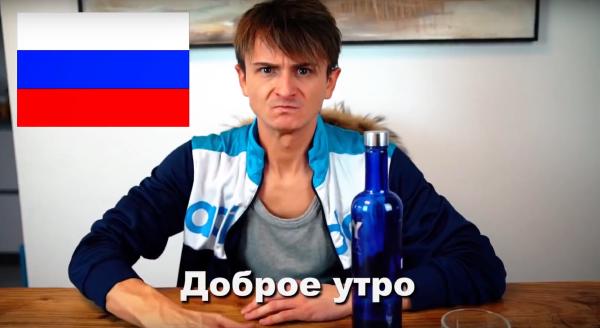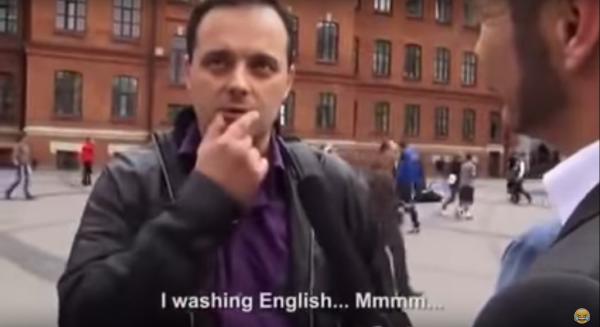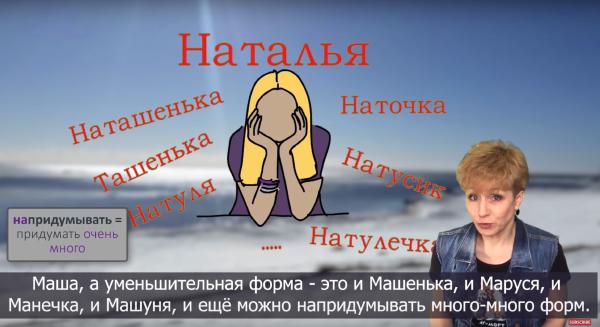Language
John Cleese – How about Russian?
Language
In a famous scene from
A Fish Called Wanda (1988),
John Cleese (as Archie Leach) speaks some Italian words. “But it’s such an ugly language.” Co-star
Jamie Lee Curtis (as Wanda Gershwitz) has a different opinion. Archie doesn’t see it and suggests something better. “How about… Russian?”
Simply the most beautiful language of all, as stated in
Why Russian. It’s more elegantly and finely formulated, better reflecting the beauty of the Russian language. “Russian has the grandeur of Spanish, the vivacity of French, the strength of German, the gentleness of Italian, and in addition to that, the wealth and brevity of Latin and Greek.”
‘The man we all know: Putin. Does that name actually mean something?’ A question from an interview on FunX with
Ellen Rutten, in celebration of
Russian Language Day (June 6) 2019.
What Does Russian Sound Like?
Language
An unnecessary question, that’s clear from the start. You hear how Russian sounds everywhere here, and you’ll come to an answer yourself if you haven’t already. Still, it might be interesting to hear how others perceive the sound of Russian. Also, to see what kind of reputation the language enjoys (or endures).
Russians and English
Language
Another reason to learn Russian (see
Why Learn Russian) is that Russians don’t speak English. Or rather, not everyone does. And among those who do, not all are equally fluent. How come? Let’s explore. With insights from the Russians themselves at the end.
A Russian name consists of three parts: a first name (имя), a patronymic or father’s name (отчество), and a last or family name (фамилия). The abbreviation Ф.И.О. (фамилия, имя, отчество) is well-known to Russians and appears on their passports, driver’s licenses, and related documents.


